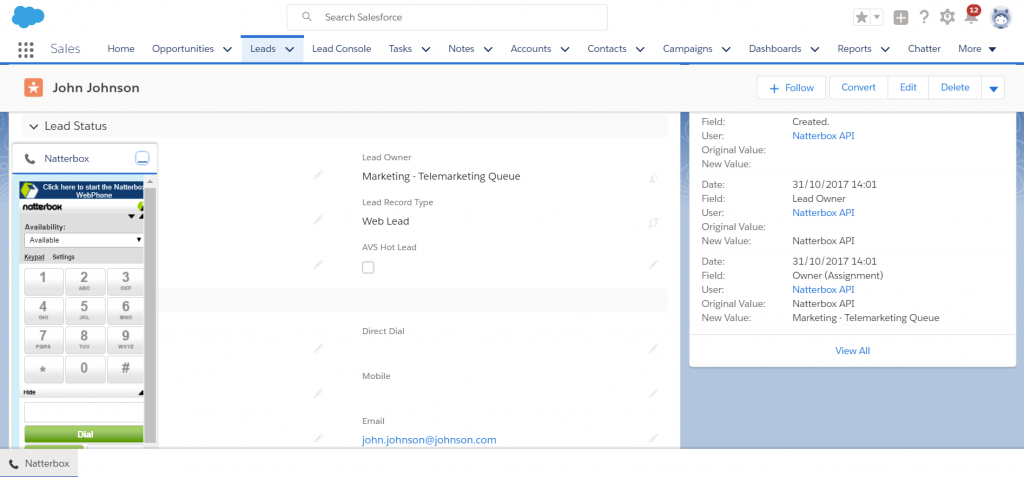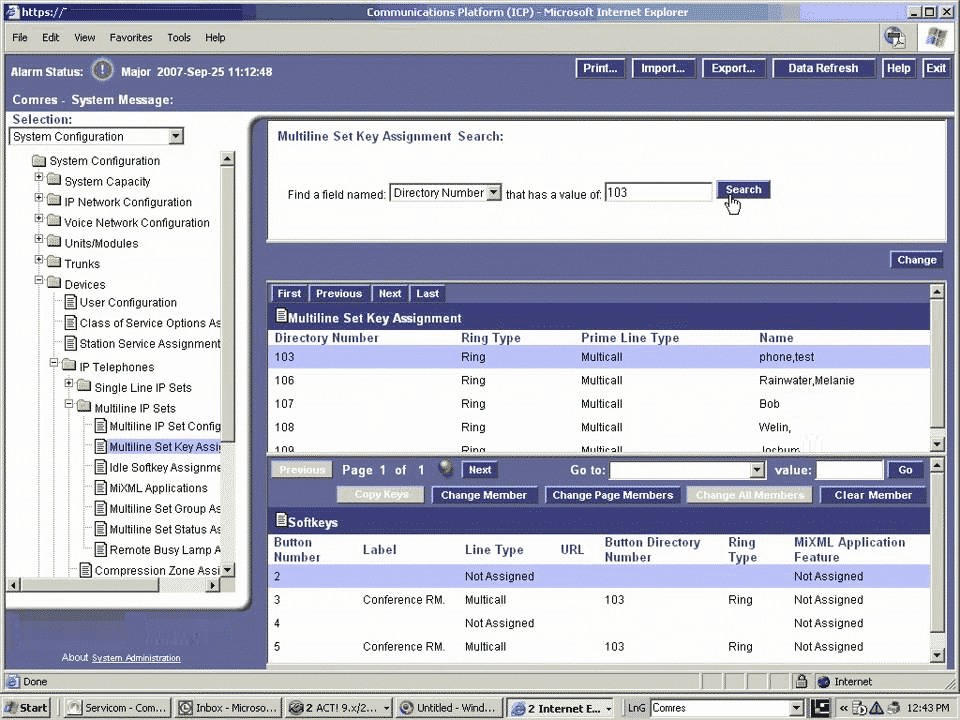Voice
I Would do Anything for Love but I Won’t Change Phones
Natterbox Team

No self-respecting employee or employer would put up with laptops from 2007. For the employee, they would be too large and clunky at around 7kgs in weight. For the employer they would be slow, unsupported and impede productivity. Prior to the arrival of the iPhone, there was no question about replacing these with something much more sleek, modern and fast
So why isn’t the same true for phone systems?
Old, clunky phone systems also harm productivity. They are poor on features, difficult to configure, expensive to maintain and do nothing to improve customer experience.
If I went to a customer’s site and said “We are giving everyone new laptops!”, that would go down rather well. So why is it, as a telecoms engineer, when I visit a site and say “We are giving everyone new telephones!”, there is a general feeling of apprehension?
End users don’t seem to want to give up their desk phones either. They are the last technology that us humans have complete mastery over. In an age where you can talk to your car, control your central heating while on holiday and get relationship advice from your fridge, people try to hold on to any technology that they still have complete mastery over. Me included! You pick up your desk phone, punch in the number, have big business chats then hang up. Job done. Why on Earth do you want to take that away and needlessly replace it with HAL 9000?
There was a real collective anxiety at the wholesale replacement of an aging, out of date telecoms solution. This is not a tech issue, but one of psychology.
Here at Natterbox we have learnt from this. Myself and much of the core team at Natterbox came from the Internet. We were under the impression that any new tech was good tech! And so we were surprised how employees at most companies were very apprehensive about getting new telephones.
There was a real collective anxiety at the wholesale replacement of an aging, out of date telecoms solution. This is not a tech issue, but one of psychology. At Natterbox, customer concerns about new telecoms guides every aspect of our customer interactions and product design. After-all, it’s all well and good building a Salesforce integrated, enterprise grade, global telecoms platform that will provide obvious productivity gains and fantastic customer experience, but if every user resists its adoption, the project is a non-starter.
For example, take our customer journey. Every customer no matter how big or small gets a dedicated implementation manager. Someone who manages the transition to Natterbox. This is not just someone to chat to once in a while with your IT person, but they are also there for in depth training with all the end users. They are there to communicate the migration plan in a language designed for non-techs and will be there on site on day one to manage any queries from users.
Users tend to get angry when their phone is not working as expected. Much more so than a broken laptop or smart phone. The Natterbox go-live workshops are phenomenally successful at defusing any apprehension from end users on day one.
We put ease of use at the centre of our products.
The Natterbox Webphone embedded directly into Salesforce. Familiar and easy to use but also a powerful technology:

A traditional softphone that is integrated into an old, on site PBX. What are we trying to do here? Pilot a rocket to the moon?

So there you go, it’s not always about the size of your technology, it’s the way you present and deploy it that counts. Here at Natterbox we have over 7 years’ experience of deploying advanced, Salesforce integrated telecoms systems. And technology is nothing without user adoption.
James Radford – Product Manager



